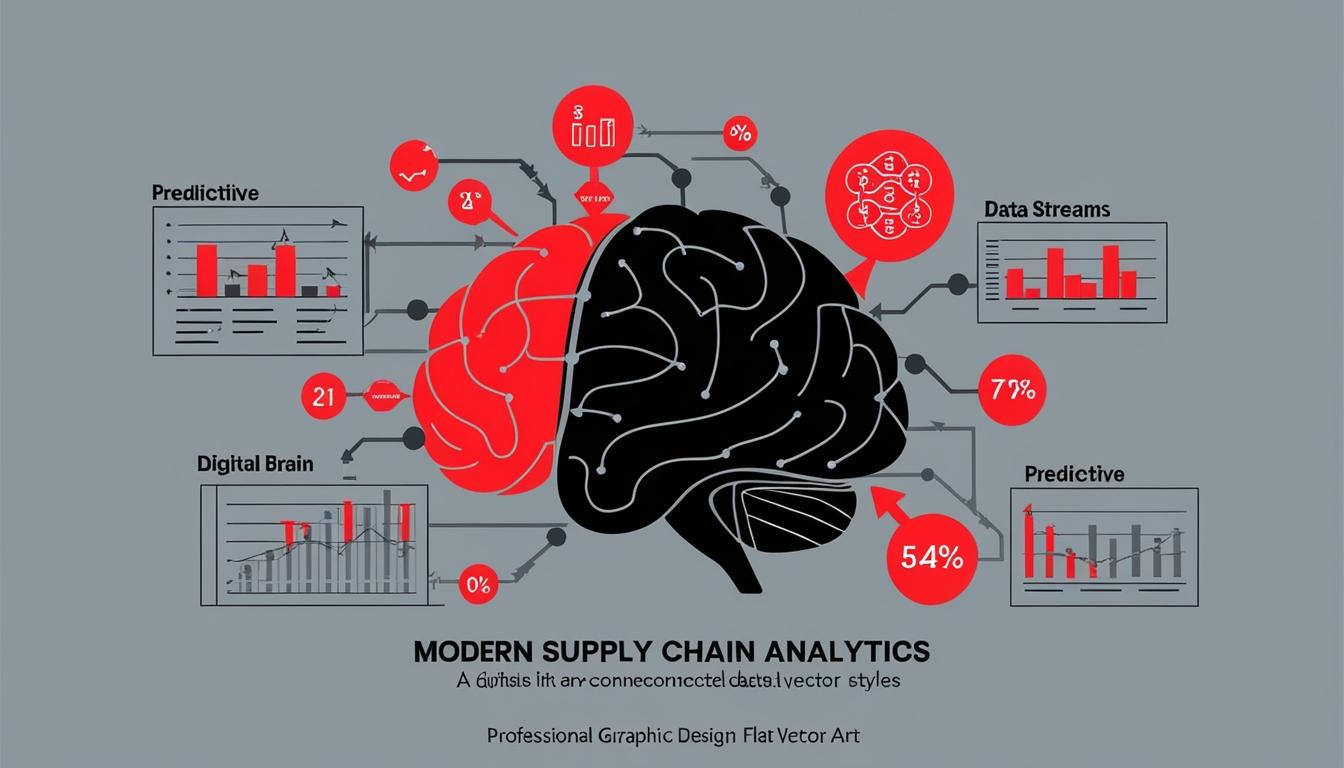In the dynamic landscape of business operations, predictive analytics is emerging as a pivotal tool for enhancing supply chain management and mitigating disruptions. As reported by "Passionate In Marketing," the integration of historical data, statistical algorithms, and machine learning is enabling businesses to foresee potential challenges and streamline operations for increased resilience.
Supply chains are often fraught with various disruptions, from natural disasters and supply failures to demand fluctuations and transportation issues. Each of these disruptions can cause significant setbacks, including delays, heightened costs, and diminished customer satisfaction. Predictive analytics offers a solution by foreseeing these hurdles and enabling organisations to devise strategic responses in advance.
The process of predictive analytics involves analysing historical data to establish patterns and trends that can indicate future outcomes. By leveraging this information, companies can achieve several objectives. They can forecast demand with remarkable accuracy, allowing them to manage inventory levels effectively and prepare for seasonal peaks without the risk of stockouts or overstock situations.
Moreover, predictive analytics enhances risk management within supply chains by identifying vulnerabilities that may lead to potential supply failures. For example, organisations can assess the reliability of suppliers based on historical performance, as well as evaluate geographic risks, such as areas prone to natural disasters, thus enabling the formulation of contingency plans.
In addition, the technology supports real-time monitoring capabilities. Predictive analytics tools can assimilate data from various sources, including IoT devices and GPS trackers. This capability allows businesses to promptly react to unforeseen delays caused by adverse weather conditions or logistical challenges, thereby ensuring that supply chain managers can adapt schedules and routes to minimise disruptions.
Optimisation of inventory management is another critical advantage offered by predictive analytics. By understanding customer behaviour through advanced predictive models, companies can fine-tune their inventory levels, reducing excess stock and associated storage costs.
As companies navigate these advancements, there is an undeniable demand for professionals skilled in digital tools and analytics to oversee modern supply chain management. Educational institutions, such as IIM Mumbai, are responding to this need with targeted courses aimed at equipping supply chain managers with the necessary expertise to implement predictive analytics effectively.
The landscape of supply chain management is evolving rapidly, propelled by emerging technologies such as predictive analytics. As businesses continue to adapt to global market dynamics, the integration of these advanced analytics techniques is becoming increasingly essential for their operational success. Consequently, organisations that embrace predictive analytics not only stand to optimise their operations tetapi also enhance their decision-making processes in a highly competitive environment.
Source: Noah Wire Services
